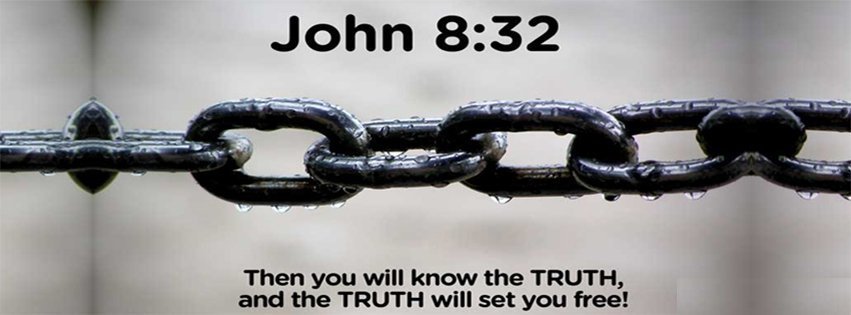My local paper, the Tribune Star, reprinted an article recently by Froma Harrop titled “The Silly Debate About Socialism.” I found out later that this article has been widely distributed throughout the country, both online and in print. There are two major problems in the essay, and one minor problem. By far the most egregious error is her definition of socialism. “Simply put, socialism is a system whereby the state owns the means of production. In capitalism, the means of production are privately owned. Would someone kindly tell us which companies Bernie Sanders would nationalize, starting with Bernie Sanders?” There are two great ironies about this statement. The first is that she gives this incorrect definition right after venting her frustration about politicians not knowing the definitions of political theories.
The reason her definition is wrong is clearly explained in her own description of our economy. We have a mixed (public and privately held means of production and regulation) economy that is primarily capitalistic. For an economy or a politician to be “socialist” does not mean that they have to advocate for completely public ownership, that is communism. Our economy is not 100% privately owned, that does not mean it is not a capitalist economy. She goes on to mention that Sweden’s economy is not socialist because it is a “capitalist powerhouse.” Sweden’s economy is primarily socialist, not because there are no capitalist elements but because the means of production and regulation are primarily public. Moving on, the second irony leads to the second major problem.
She challenges readers to name one company that Bernie Sanders would “nationalize.” She says this as a rhetorical device to prove her point, but her article was published the week after Bernie Sanders proposed one of his strongest socialist ideas yet. That is to tax Amazon and other companies like it, based on how many of their workers rely on federal benefits. I do have to commend her stated motives for writing the article. She explains that it is her desire for people to not be afraid of many good ideas because they think of them as “socialist.” And this is the minor problem. These are socialist idea, but I agree that people should not be afraid of them. I don’t advocate for these programs because I am a conservative, but I don’t fear them either because they would be much better than our current system.
The method Harrop is using to lessen the fear is actually adding to it. The reason there is so much tension between the United States and Russia is because we are currently two empires, one capitalist and one socialist, that have betrayed their people, and their founding ethos. The United States was an early adopter of the industrial revolution, and in that process we allowed a massive consolidation of wealth. This was our betrayal of the people, and of our ethos. The Soviet Union resisted the industrial revolution much longer than we did, and once they embraced it, for the sake of “the proletariat,” they allowed a massive consolidation of power. This was their betrayal.
Instead of repenting of these abuses, both nations have allowed the continuous consolidation of both wealth and power to occur, and used the excuse that it was necessary to compete with each other. The people bought these excuses primarily out of the fear that Harrop is describing, and inadvertently feeding into. In his “epic post apocalyptic ‘robot western’ Sea of Rust,” amazon’s description not my own, C. Robert Cargill’s OWI’s (One World Intelligence’s) foretell the destruction of mankind because humans could not agree on an entirely capitalist or socialist economy, and therefore could not keep pace with the machines. I think Cargill made the same mistake as Harrop, it isn’t that we can’t agree on one system or the other, it’s the fact that we can’t stop seeing each other as the enemy.
DISCLAIMER: The views expressed in this publication do not necessarily reflect the views of North Terre Haute Christian Church or it's members.
The Painting at the top of this page is from the cover C. Robert Cargill’s Sea of Rust


